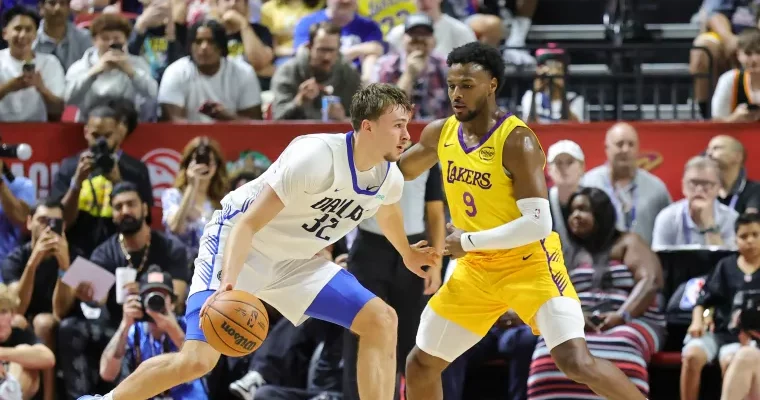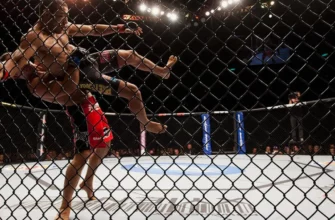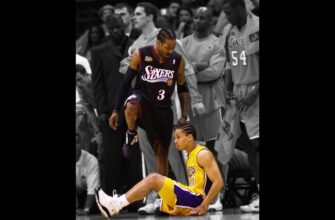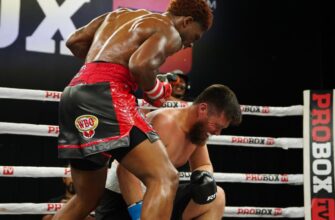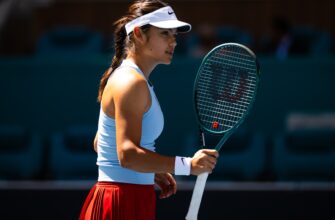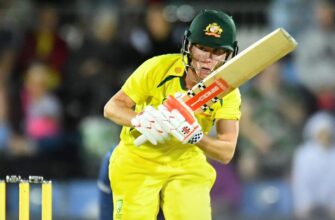The moment arrived with considerable fanfare. Cooper Flagg, the highly touted number one overall draft pick, took the court for his NBA Summer League debut with the Dallas Mavericks. The stage was set, the cameras were rolling, and the price of admission, reportedly reaching unprecedented figures for a Summer League contest, underscored the immense public and league-wide interest in seeing the young forward in action.
Flagg`s initial professional box score painted a picture that, at first glance, might appear underwhelming. Finishing with 10 points, 6 rebounds, and 4 assists in just under 32 minutes, his shooting efficiency proved challenging, connecting on only 5 of 21 field goal attempts and missing all 5 attempts from beyond the three-point arc. A scoreless second half further highlighted the offensive hurdles encountered during the game against the Los Angeles Lakers. Flagg himself acknowledged the performance didn`t meet his personal standard – a refreshingly candid assessment typical of focused athletes.
However, evaluating a top prospect`s debut solely on raw statistics in the unique environment of Summer League tells only a fraction of the story. This is where the perspective from the sidelines, specifically that of Mavericks Head Coach Jason Kidd, becomes invaluable. Kidd, along with key front office personnel, was courtside, observing not just the hits and misses, but the less tangible aspects of Flagg`s game under pressure.
Kidd`s post-game remarks offered a more nuanced view. While acknowledging the heavy minutes Flagg played with a touch of humor – “Are we playing too many minutes?” he quipped – his focus quickly shifted to traits beyond scoring. He praised Flagg`s ball-handling against defensive pressure, his ability to find open teammates, and moments of finishing. Kidd noted the respect shown by the Lakers` defense, including an early double-team, which Flagg demonstrated he could navigate.
The coach`s emphasis was clearly on Flagg`s fundamental basketball intelligence and composure. Kidd highlighted Flagg`s effectiveness as a decision-maker with the ball in his hands, a trait he showcased both in high school and at Duke. The notable takeaway, according to Kidd, was Flagg`s remarkable poise for an 18-year-old navigating the intense spotlight and physical demands of his first professional game. Mistakes, as Kidd pointed out with veteran perspective, are inevitable (“we all threw it in the stands once in a while”), but the underlying ability to handle pressure and make sound choices stands out.
In essence, while Flagg`s shooting numbers weren`t ideal, his debut provided a glimpse into the foundational skills and mental fortitude that make him such a highly-rated prospect. Coach Kidd`s assessment suggests the Mavericks are looking beyond immediate statistical output, focusing instead on the underlying talent, composure, and decision-making abilities that are crucial for long-term success and development in the NBA. The hype was real, the stats were uneven, but the performance offered enough positive indicators, particularly in handling the intricacies of the game and the weight of expectation, to leave the coaching staff encouraged about the number one pick`s potential trajectory.

